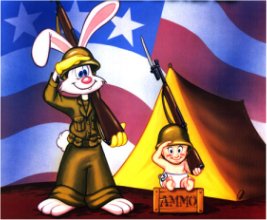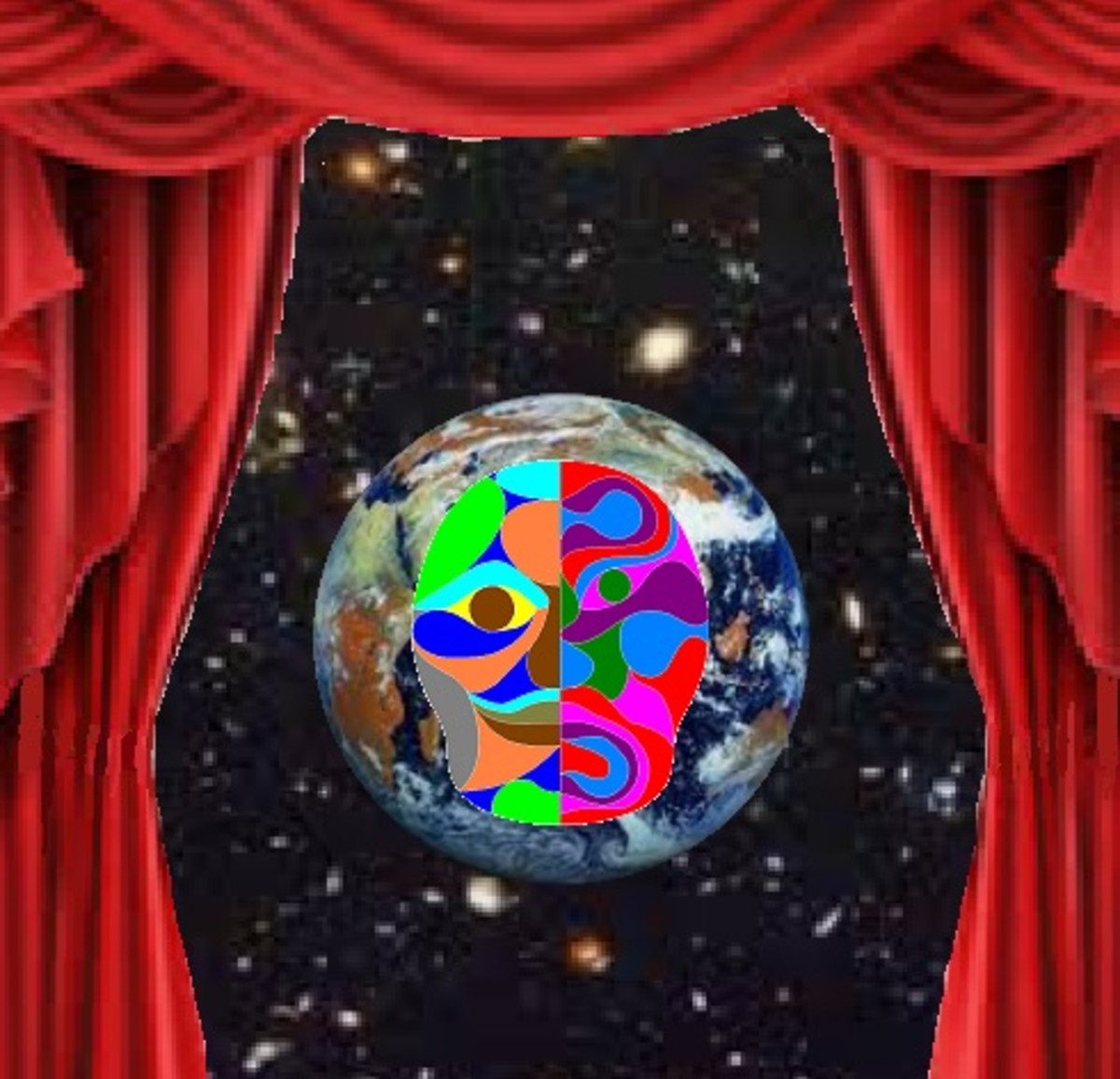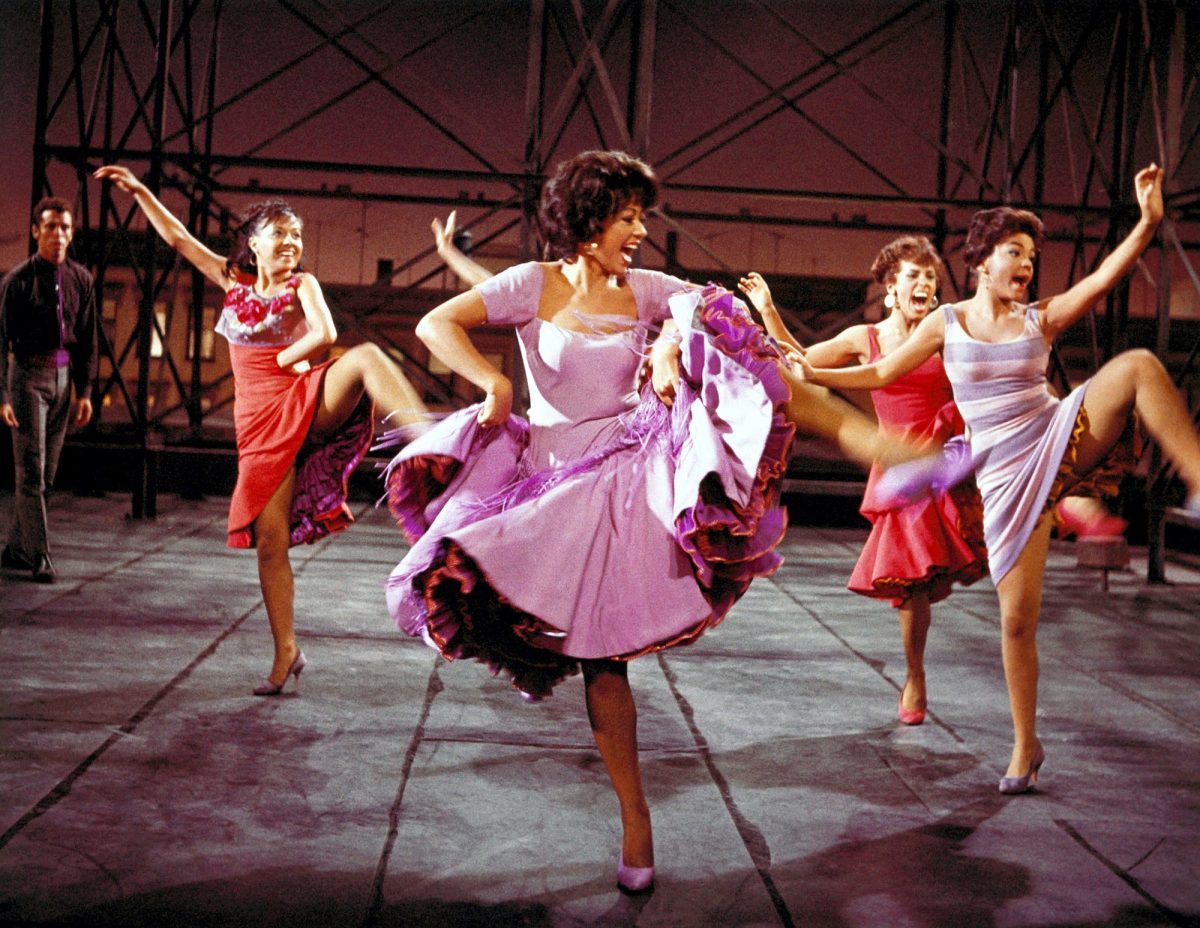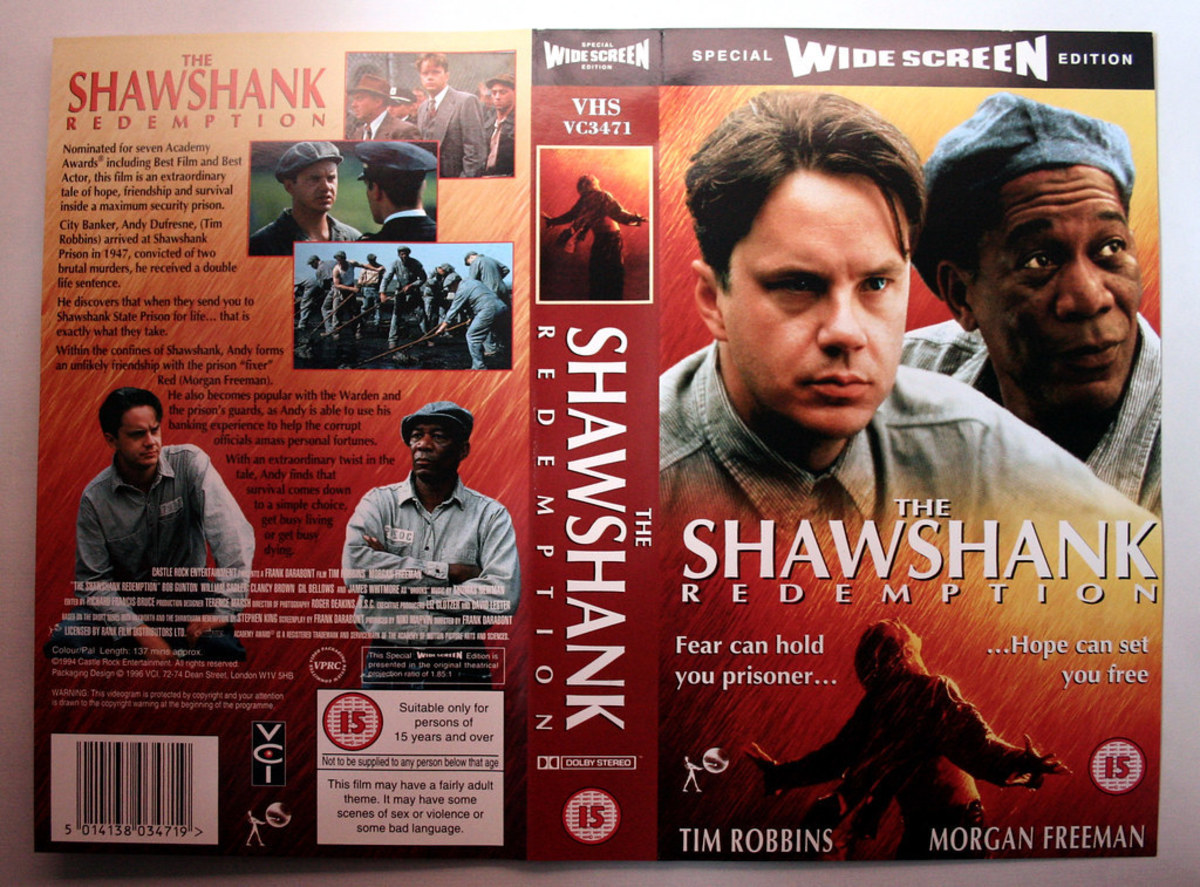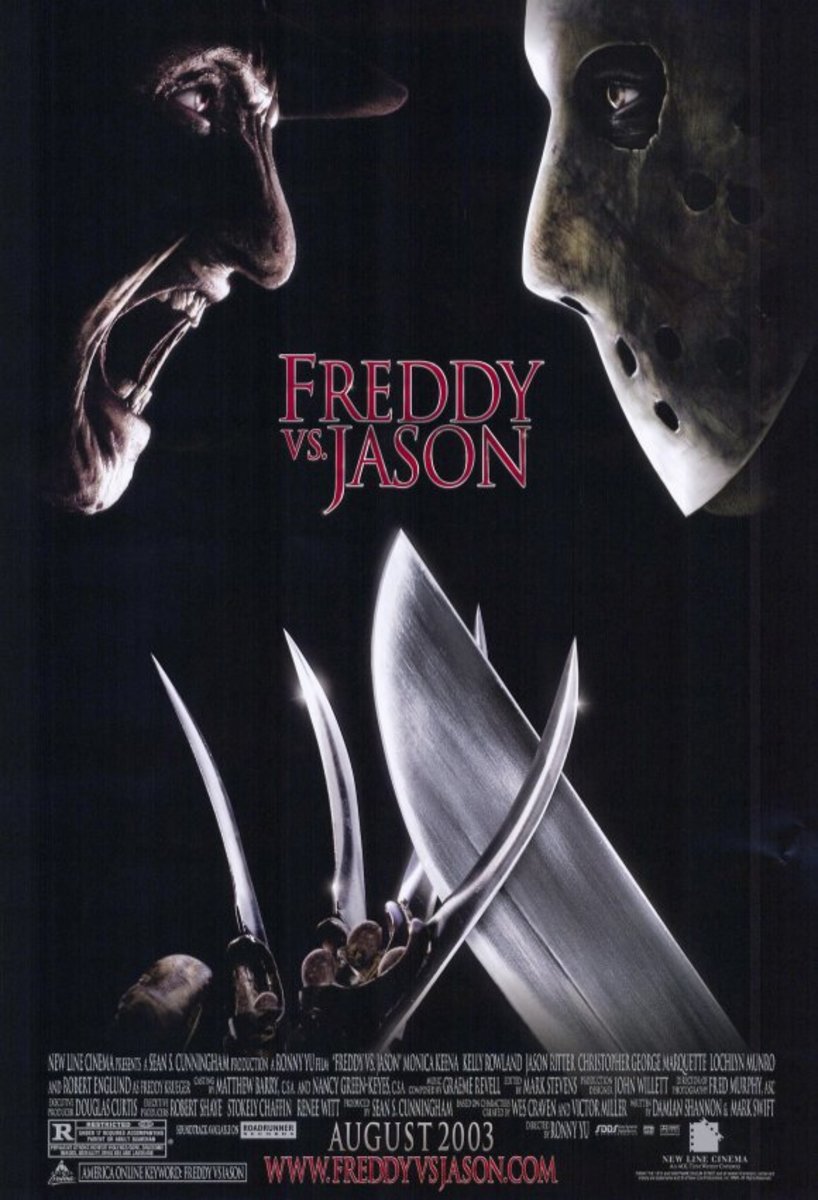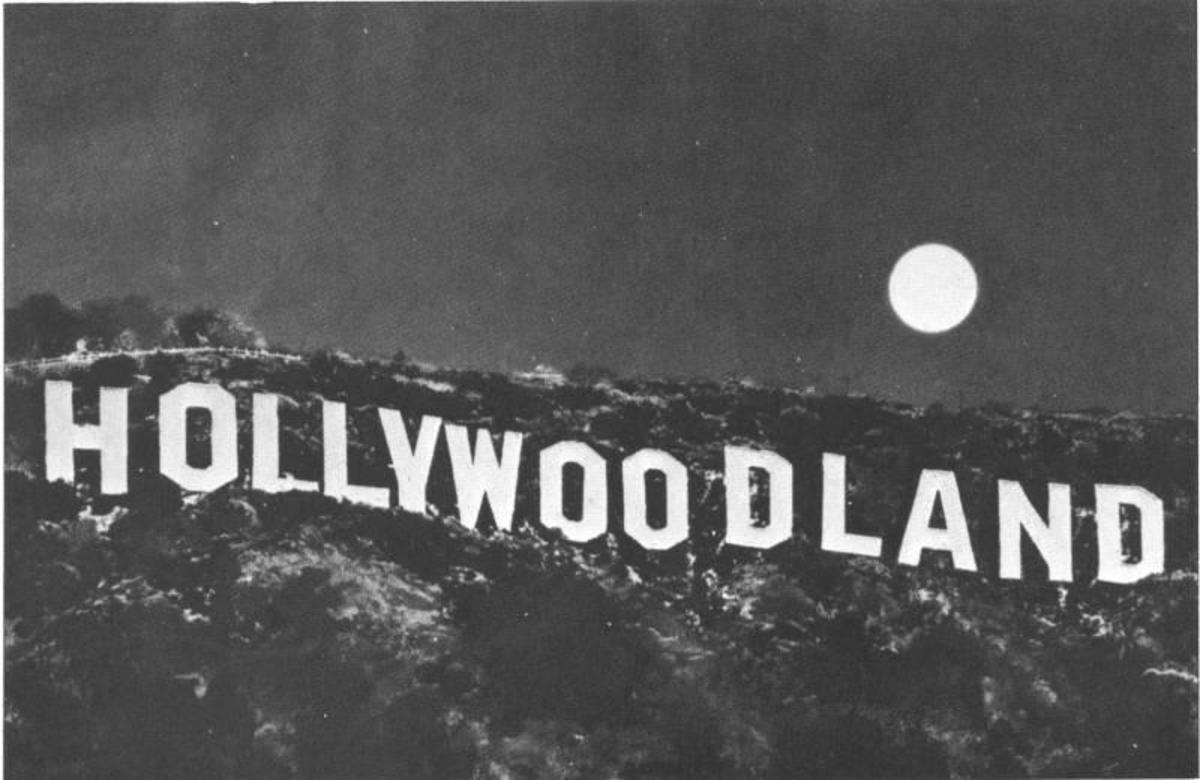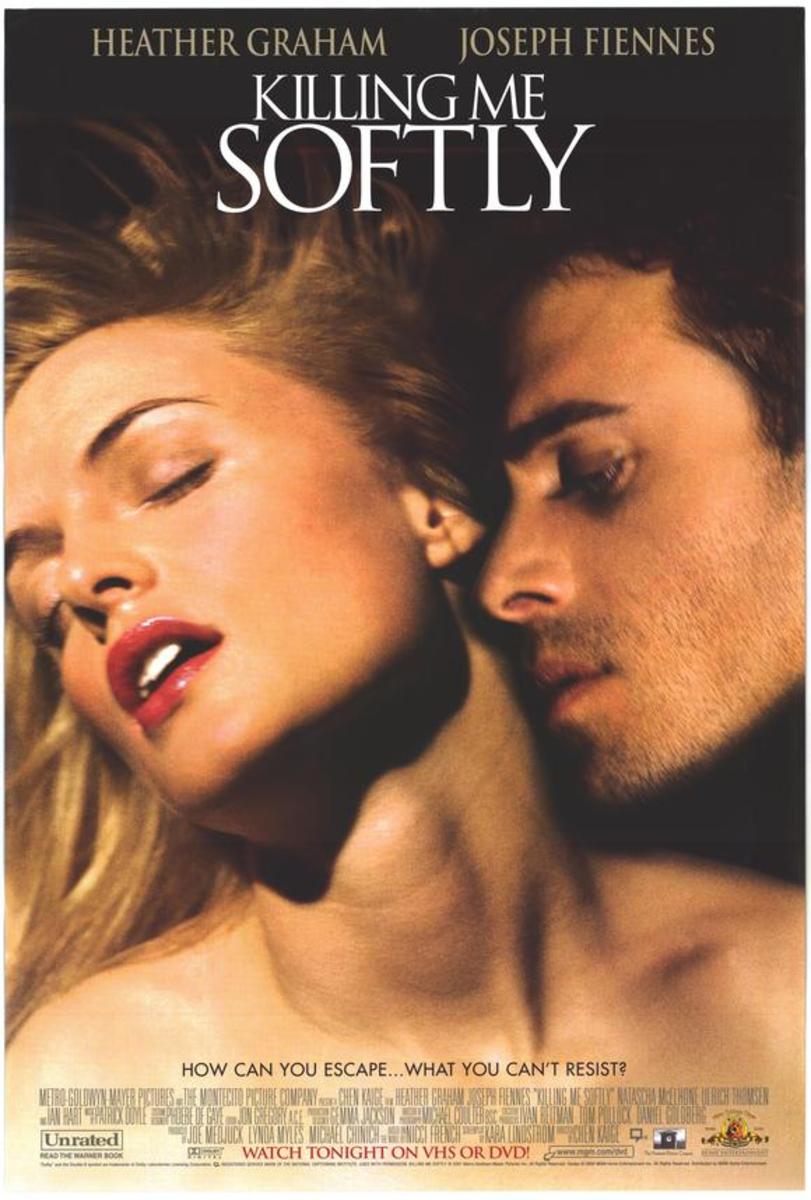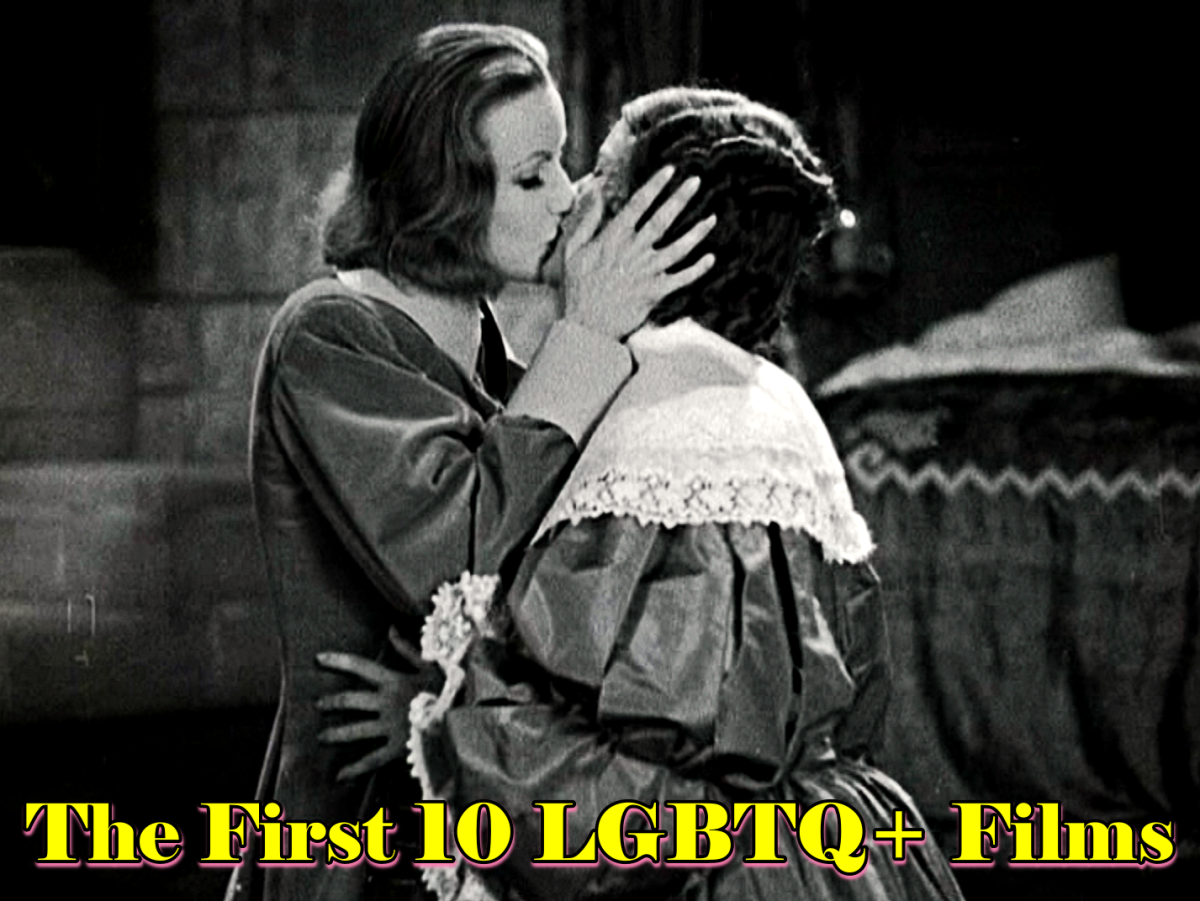Ten of the Greatest Movies Never Made
A number of potentially great films never get made. This can be because of a number of reasons, not commercial enough, conflicts between talent etc etc etc. Nearly every director, producer or star has a project that didn't get off the ground that they deeply regret. Sometimes these projects are a completed screenplay, an optioned book, a sequel to a previous hit or a film that was unfinished for financial reasons. Sometimes an aborted project gets a second life. Martin Scorsese had his Gangs of New York lose financing in the late 70s, only to revive it years later. Most projects are not so lucky.
1. ALFRED HITCHCOCK'S BLIND MAN
After he had just completed a huge hit with Psycho in 1960, Alfred Hitchcock re-teamed with Ernest Lehman, who had written North by Northwest for a new screenplay. The idea was that a blind pianist would receive an eye transplant from a murdered man and regain his sight. While vacationing with his family in Disneyland, he would realize that the donor was murdered and that the identity of the killer was still on his retinas. The rest of the film would be about the killer's pursuit of him to protect his identity.
In a career as long as his, Hitchcock had a large number of films never make it to the screen. Blind Man remains his most intriguing project and so speculation on why it wasn't made has run rampant. The most popular version is that Walt Disney had hated Psycho to such an extent that he refused to allow Hitchcock to use the Disneyland location, but the film could have been re-written, as cool as it would have been to see a Hitchcock film at Disneyland. Other rumors insist that Hitchcock and writer Lehman has a falling out or that after star James Stewart left the project Hitchcock soured on it. Both of these seem unlikely, since Hitchcock had had battles with writers and actors before and still completed films. The true answer remains a minor mystery.
2. A DAY AT THE UNITED NATIONS
While visiting the UN one day in the early 60s, director Billy Wilder got a wicked idea. What about doing a political satire film starring the Marx Brothers set at the United Nations? The three Marx Brothers hadn't done a film together since 1949, but Wilder had always wanted to do a film with them. He ran the idea by his writing partner I. A. L. Diamond and he also loved the film. After contacting the Marx Brothers themselves they were all in agreement. A script was written and the movie was set to go.
This is a particularly painful failed movie project for fans of classic comedy. Mixing the anarchic comedy of the Marx Brothers, with the razor sharp wit of Wilder could have been an oddity that never quite gelled or it could have been one of the greatest movies ever made. Unfortunately, Harpo had a heart attack shortly before the film was to begin shooting. Though he recovered, his health made it impossible for the film to get insurance. Soon after that Chico passed away and that killed off this great unrealized film as well.
3. SOMETHING'S GOTTA GIVE
Something's Gotta Give is already one of the most famous movies never finished because it was the movie that Marilyn Monroe was making when she died. Directed by George Cukor, Monroe would play a woman who had been presumed dead and stranded on a deserted island. When she makes it back to civilization she finds her husband remarried and all kinds of havoc ensues. Many who have viewed the dailies think this may have been a major turning point for Monroe in terms of acting.
Whether Something's Gotta Give would have been a great film is unknown but one thing was for sure, Monroe had never played a role quite like this before. In other comedic films she had been defined as a bubble headed bimbo, who has an unintended effect of men. Here she is given a more complex character to work with. One wonders what kind of actress she might have become had she been able to continue her career. Her premature death makes this film one of cinema's great "what if?" questions.
4. HARROW ALLEY
This screenplay by Walter Newman has been called the greatest unproduced script ever written with many writers and directors calling it the best screenplay they have personally ever read. The reason it was never made is that it is a 180 page (translate to three hours) story of how one English town is affected by the black plague. The story focuses on two characters, Harry and Ratsey. Harry begins the film as an optimist and a good man while Ratsey is a dishonest thief, but the story shows us how extreme events can bring out the worst in the best and best in the worst people. .
The script has been optioned nearly a dozen times and has still never made it to the screen. Originally, Peter O'Toole was cast as Harry and George C. Scott as Ratsey. Scott was so obsessed with the project that he bought the rights to the script some years later and attempted to get another version made with Kenneth Branaugh as Harry and Mel Gibson as Ratsey. The script is filled with bleak but profound observations on human nature but with Scott's death some years ago, the chances of a movie ever being made may have died with him.
5. STANLEY KUBRICK'S NAPOLEON
After 2001: A Space Odyssey in 1968, Stanley Kubrick turned his attention to a film on the life of Napoleon. He spent two years doing research and writing a screenplay. The film would have been Kubrick's most ambitious ever, with massive battle scenes and a complex exploration of Napoleon's life. Kubrick's interests in war, dehumanization and his ironic pessimism were all realized within his screenplay and he had talked with Jack Nicholson about the possibility of playing the lead role. The two would eventually work together in The Shining but this project was not meant to be.
The reason was simple, money. Warner Brothers balked at producing such a huge and ambitious film. Kubrick moved on to direct A Clockwork Orange and was able to use some of his ideas for Napoleon with Barry Lyndon. The script for the movie was lost for years until a few years before Kubrick died. After his death there was talk of another director filming the script (CGI would make the battle scenes cheaper.) but no director has stepped up to take the challenge.
6. WHO KILLED BAMBI?
In the late 70s punk rock was sweeping the UK and there was a big push to capitalize on this. The Sex Pistols, one of the biggest bands, were being pushed by their manager Malcolm McLaren to make a movie. The group agreed under the condition that the director of their favorite movie, Beyond the Valley of the Dolls, was hired to direct. A deal was struck with 20th Century Fox and Russ Meyer was hired to direct while Roger Ebert (who had penned the script for Beyond the Valley of the Dolls) was set to write the screenplay.
The idea was a disaster from the beginning. Russ Meyer, known for his exploitation films like Faster Pussycat, Kill, Kill and known for demanding a military like discipline on the set, hated working with the Sex Pistols. He also disliked the punk rock actresses that he was given to work with, Meyer being famously obsessed with large breasts was not a fan of the skinny shaved headed punk rock girls. Ebert's script is however considered a gem (and available on the internet) and the movie only fell apart once executives at Fox actually read it and were so horrified by its extreme content that they immediately pulled the plug. Had the movie been made it may have been the punk rock A Hard Day's Night that it was intended to be.
7. A CONFEDERACY OF DUNCES
John Kennedy Toole's novel won a Pulitzer Prize in the early 80s but it was actually written in the 60s. Toole, being frustrated with the attempts to publishh is work killed himself, and his mother finally got his novel published after his death. The book is about an obese thirty- something virgin who lives with his mother and his misadventures in New Orleans when he is finally forced to get a job. Being on of the funniest novels ever written it was immediately set to be adapted into a movie but has gotten into trouble at every turn.
Originally Harold Ramis intended to adapt the movie with John Belushi and Richard Pryor but Belushi's death ended that. The proposed star died twice more, with a John Waters directed version starring Divine and Stephen Soderbergh adaptation starring Chris Farley. This led to the role being considered to be cursed. Fortunately, nobody died in the cast of the most recent attempt at adaptation that was to be directed by David Gordon Green and star Will Ferrell, Drew Barrymore, Mos Def, Natasha Lyonne and Olympia Dukakis. The funders did unfortunately pull out at the last minute. The good news is that this story can still be enjoyed as a classic novel, even if a movie version never gets made.
8. WHO FRAMED ROGER RABBIT SEQUEL OR PREQUEL
Who Framed Roger Rabbit was a technologically innovative movie but unlike today's movies where the plot is an excuse for special effects, its effects served its plot. That plot was a brilliant satirical detective movie where cartoon characters exist in the real world and interact with real people. Part of the joy of the movie was seeing all these famous cartoon characters interact with each other and human characters. When the movie was a huge hit, a sequel was discussed almost immediately and a script was even written for a prequel that would take place during World War 2 and told the story of how Roger met Jessica. As the original satirized the detective movie, the sequel satirized war movies and those who have read it have declared that Nat Mauldin's script was as good as the first or better.
The reason that the film was never made has been about the battles over the rights to all the cartoon characters. While the movie was made by Touchstone, meaning they could use all the characters from Disney, the owners of the rights to the other characters are now asking prices through the sky to use the others. There is a new rumor about a possible sequel every few years but it probably won't ever happen. The original will remain a one of a kind experience.
9. THE MAN WHO KILLED DON QUIXOTE
Anybody who has seen films by Terry Gilliam like Brazil or 12 Monkeys should understand why the story of Don Quixote would appeal to him. After years of contemplating a straight adaptation Gilliam co-wrote a script about a man from present day America being transported to Quixote's time and being mistaken for his sidekick Sancho Panza. French actor Jean Rochefort was cast as Don Quixote and Johnny Depp as the makeshift Sancho Panza. Gilliam was able to put together a lavish production through European investors.
Unfortunately, storms destroyed Gilliam's sets a few days into shooting. Soon after that, Rochefort fell off his horse and broke his leg. The contracts had all included a clause that they would be renegotiated if Gilliam, Rochefort or Depp were to be unable to work on the movie and so all the investors pulled out. The entire experience was captured in the documentary film Lost in La Mancha, originally intended to be a making of documentary. Gilliam has since put together a second attempt to make the movie with Robert Duvall and Ewen McGregor but funding was once again pulled out soon before shooting was set to begin.
10. THE MATARESE CIRCLE
Making dark and odd little films is what Canadian director David Cronenberg is known for. He has been offered big mainstream projects before but has usually tuned them down or had them fell through. So it was shocking to learn that Cronenberg would be directing a 100 million dollar budgeted spy movie starring Tom Cruise and Denzel Washington. Cronenberg was attached to the project before either star and Washington was to portray a US spy and Cruise a Russian spy who had spent their whole careers trying to kill each other, now forced to team up against a common enemy.
The project didn't seem troubled at all. Cronenberg spoke glowingly of Cruise and a script was written. While the director's biggest previous hits had been The Fly and A History of Violence it seemed like with Cruise on his side he would finally get the chance to make a big budget studio movie. Then news hit that Cruise wanted some re-writes done to Cronenberg's script. Then weeks later both director and star were attached to new projects. (Cruise Knight and Day, Cronenberg A Dangerous Method) and though they have both said they plan to return to this project there hasn't been any word on it since. (not to mention they both have other projects in the works yet again.)
